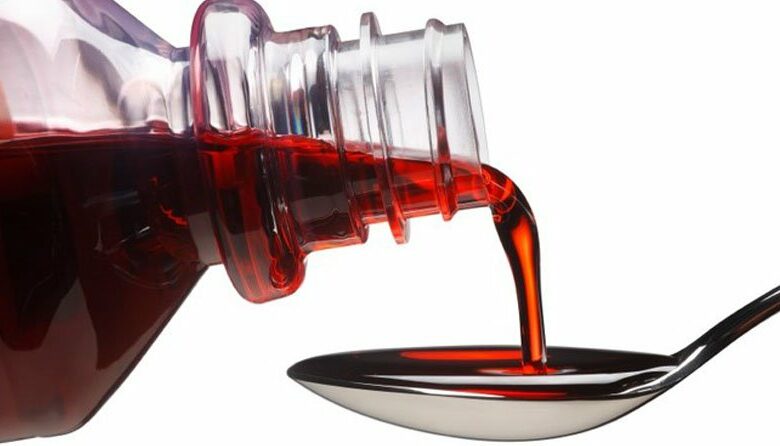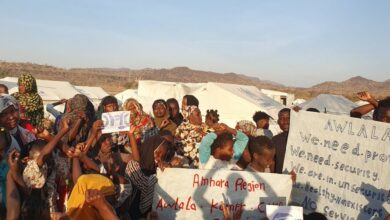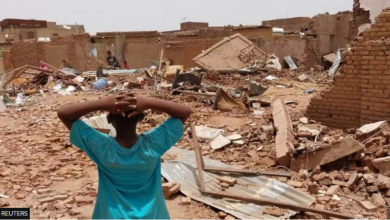Health India halts cough syrup production at factory after Gambia deaths

Indian authorities have halted production of cough syrup at a factory of Maiden Pharmaceuticals, a state minister said, after a World Health Organization (WHO) report said the medicine may be linked to the deaths of dozens of children in The Gambia.
The health minister in Haryana state, Anil Vij, on Wednesday said the authorities inspected a Maiden factory near the town of Sonipat in the state and found 12 violations of good practices. Production was ordered stopped, Vij said.
Maiden says on its website it has an annual production capacity of 2.2 million syrup bottles, 600 million capsules, 18 million injections, 300,000 ointment tubes and 1.2 billion tablets at three factories.It said it sells its products at home and exports to countries in Asia, Africa and Latin America.
News website Moneycontrol earlier quoted the Haryana drugs controller as saying in a report that Maiden did not perform quality testing of propylene glycol, diethylene glycol and ethylene glycol, while certain batches of propylene glycol did not have the manufacturing and expiry dates.
Diethylene glycol and ethylene glycol are used in antifreeze and brake fluids and other industrial applications but also as a cheaper alternative in some pharmaceutical products to glycerine, a solvent or thickening agent in many cough syrups.
Maiden executive Naresh Kumar Goyal declined to comment. He told Reuters news agency last week the company was trying to find out from its buyer what had happened in The Gambia.
The cough syrups had been approved for export only to The Gambia, India says, although the WHO says they may have gone elsewhere through informal markets.
India’s health ministry said last week that samples of all four Maiden products that had been exported to The Gambia had been sent for testing to a federal laboratory and the results would “guide the further course of action as well as bring clarity on the inputs received/to be received from WHO”.Indian health officials and the WHO did not respond to requests for comment.





